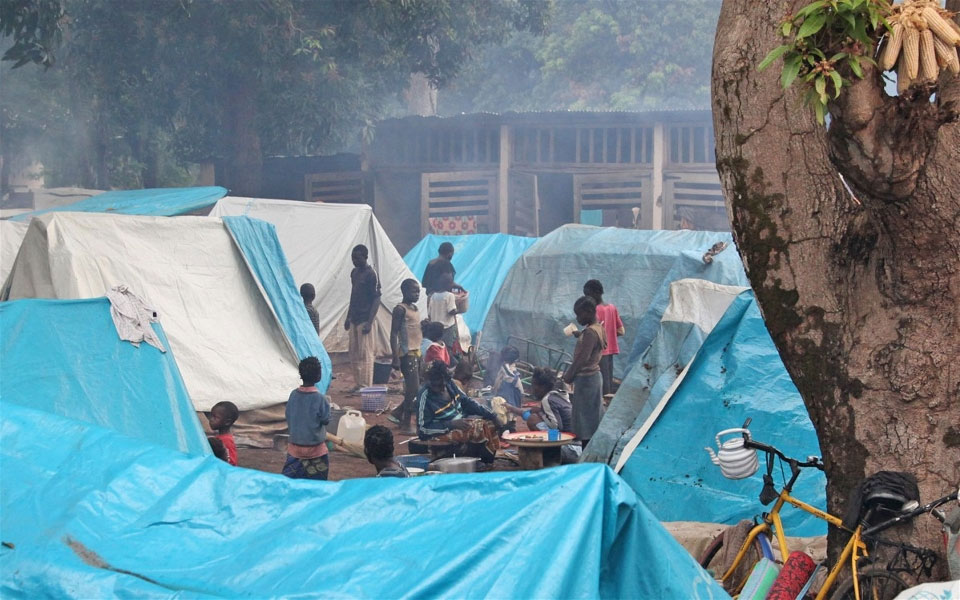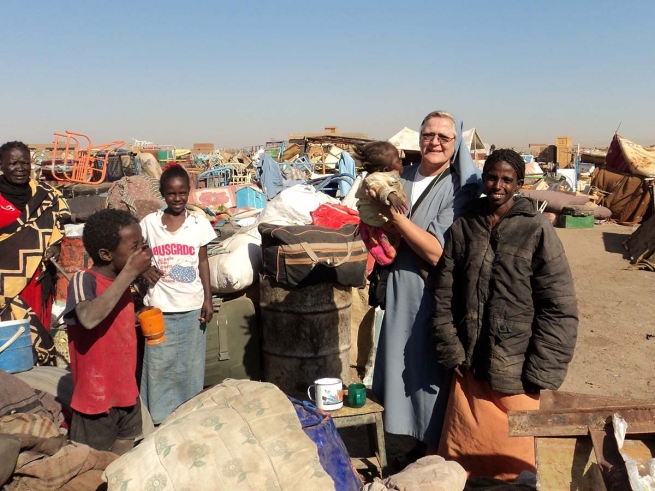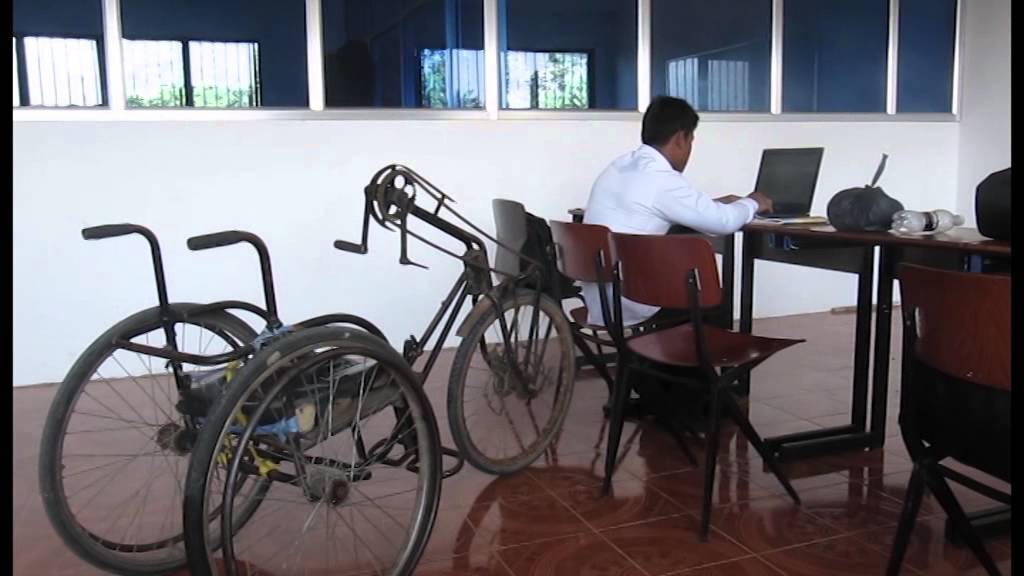CENTRAL AFRICAN REPUBLIC: UNICEF and Partners Set Up Temporary Classrooms for More Than 20,000

(Unicef) More than 20,000 children in the Central African Republic capital, Bangui, will start classes in temporary learning spaces after violence forced them to flee their homes and closed down their schools.
While all schools in the capital have been closed since early December 2013, UNICEF and partners are setting up more than 100 temporary learning spaces at displacement sites in Bangui. More than 40 are already functioning and 160 teachers have received early childhood development training from UNICEF to give classes to children from 3 – 5 years of age.
In Bossangoa and surrounding areas in the north-west of the country, UNICEF will set up more temporary learning spaces in communities where families are returning and finding schools that are damaged.
“If the displaced children cannot go back to schools, classrooms should come to them,” said UNICEF Deputy Representative in Central African Republic Judith Léveillée. “This is the idea behind the temporary learning spaces,” she added. “As soon as security allows it, the safe and permanent return of all teachers and students to schools is a crucial step on the road to peace and reconciliation.”
Temporary classrooms are a short-term solution and UNICEF will support the Ministry of Education in re-opening formal schools as soon as the security situation permits.
UNICEF is providing more than 500 kits for education and recreation at 20 displacement sites in Bangui. These kits include teaching materials, books and stationary, sports equipment and art supplies.
“Children have lost several months of schooling since the crisis started,” Ms Léveillée said. “It’s urgent for them to get access to a place where they can learn safely. Returning to class gives children a sense of a return to normalcy, stability, and hope for the future.”
In addition to the temporary learning spaces, UNICEF supports child-friendly spaces, which provide displaced children with psychosocial support and recreational activities.
“I want the children in my class to forget the bad things they have seen. I want to make sure that they don’t turn to violence and retribution, but learn honesty and gentleness,” said Antoinette, one of the teachers at the UNICEF training. “A country without education has no future,” she added.
UNICEF says the basic right to education is most at risk during times of crisis, but schools not only provide children with a safe place to learn, they are also an important part of the recovery process.
Nearly half of Bangui’s residents who fled the violent clashes remain living in makeshift displacement camps. Over the past year, 65 percent of 176 schools inspected across the country have been looted, according to UNICEF.
UNICEF is working with 11 NGO implementing partners in establishing the temporary learning spaces.
UNICEF’s appeal for emergency operations in Central African Republic this year is for $62 million. The current funding shortfall is $59 million.
###
Photo: IRIN/Hannah McNeish
See this Unicef article at its original location >




